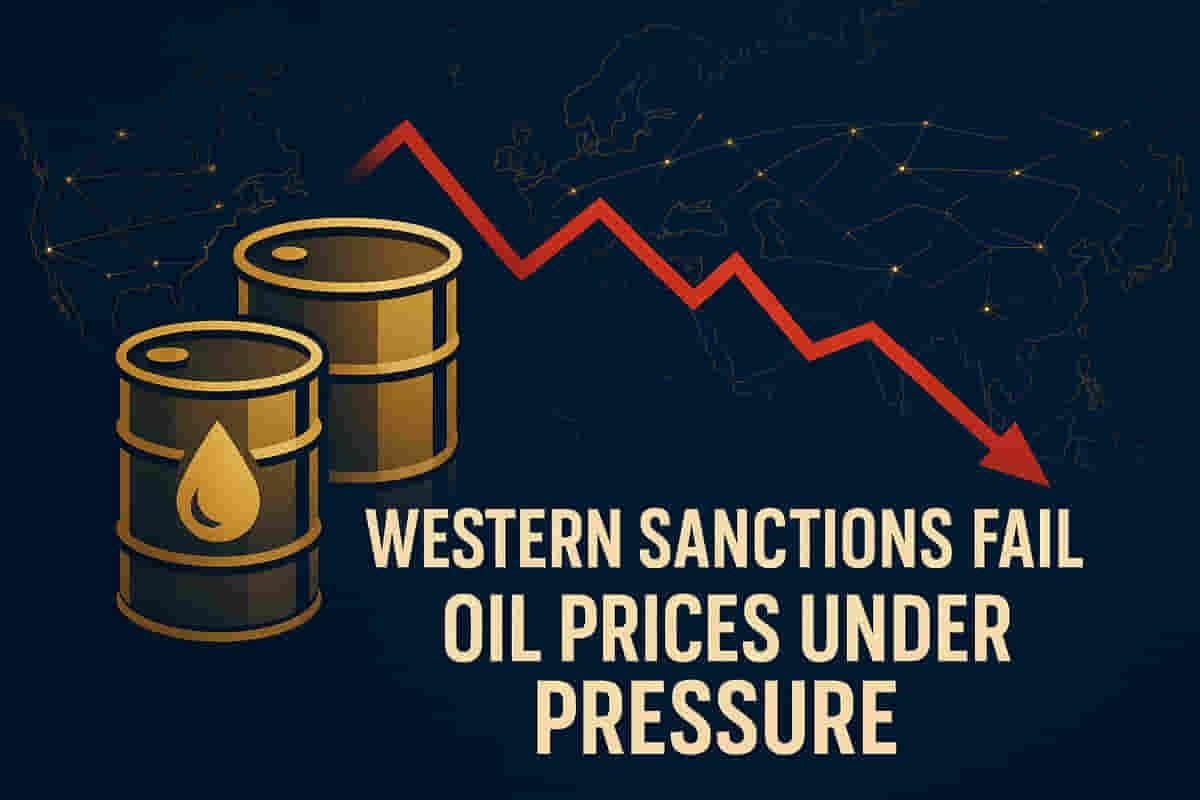Western Sanctions Ineffective Against Russian Oil Exports, Prices Under Pressure
Energy
|
31st October 2025, 9:14 AM

▶
Short Description :
Detailed Coverage :
The recent sanctions imposed by the US Treasury on Russian oil companies Rosneft and Lukoil have failed to significantly disrupt global oil markets. Markets recognize Russia's established methods of circumventing sanctions, including the use of 'shadow fleets,' third-country intermediaries, and trading in non-dollar currencies. These tactics enable Russia to maintain approximately 80-90% of its export volumes. While sanctions have reduced Russia's oil revenues and export volumes since 2022, they have not crippled the sector, partly due to Europe's continued dependency and enforcement gaps.
In the short term, being blocked from US financial systems could disrupt 1-1.5 million barrels per day (bpd) of Russian oil trade. This potential disruption could shift the market from a surplus to a deficit, leading to price increases of $6-$7 per barrel. However, the broader trend suggests oversupply.
India and China, which together absorb a significant portion of Russian exports, are facing challenges. Indian refiners have paused shipments, and China has suspended new seaborne purchases, redirecting to other suppliers. This indicates a shift in global energy flows.
Simultaneously, oil production in the US has reached record levels, with further growth predicted for 2025 and 2026, outpacing demand growth. OPEC+ is also expected to increase its production. This robust supply from major producers, coupled with anticipated sluggish demand growth, points towards a deepening global oil glut.
**Impact** This news has a significant impact on the Indian stock market and economy. Lower global oil prices can reduce India's import bill, easing inflationary pressures and boosting consumer spending. However, the geopolitical instability in the energy market and the limited effectiveness of sanctions highlight ongoing risks. The potential for price swings and supply disruptions remains. Impact Rating: 8/10.
**Difficult Terms** * **bpd**: Barrels per day, a standard unit for measuring oil volume. * **Shadow fleets**: A network of older, often unregistered or ambiguously flagged oil tankers used to transport oil, typically to circumvent sanctions or avoid scrutiny. * **Intermediaries**: Third parties involved in facilitating transactions, often used to obscure the origin or destination of goods. * **Non-dollar trades**: Financial transactions conducted using currencies other than the US dollar, often employed to bypass sanctions tied to the dollar system. * **EIA**: U.S. Energy Information Administration, a government agency that collects and analyzes energy data. * **OPEC+**: Organization of the Petroleum Exporting Countries and its allies, a group of major oil-producing countries that coordinate production levels.